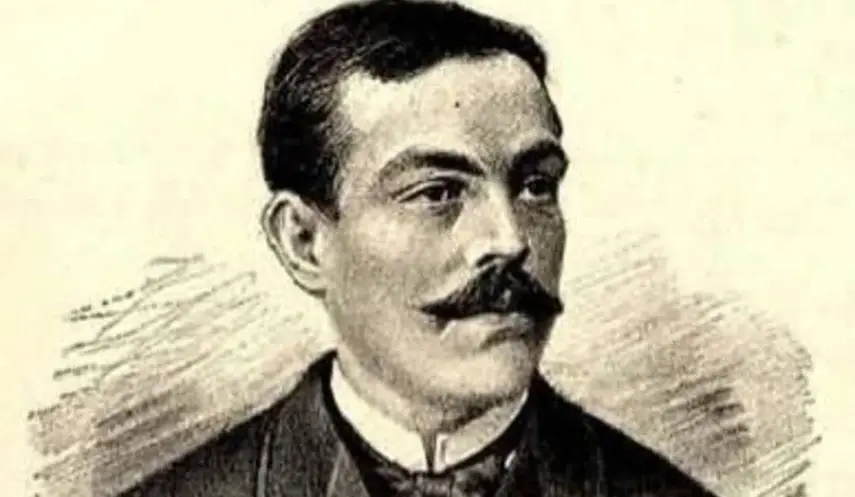LAZAR TRIFKOVIĆ - SERBIAN PATRIOT AND BENEFACTOR
Republika Srpska - Prnjavor - Historical Figures
08/14/2025
15:37

PRNJAVOR, AUGUST 14 /SRNA/ - Lazar Trifković, one of the most prominent historical figures from Prnjavor, a great Serbian patriot and benefactor, and by profession a merchant, died on this day in 1893.
According to historical records, he was born around 1852 in Prnjavor, where he completed the Serbian Orthodox elementary school before fully devoting himself to the family trade business.
Historian Dario Topić told SRNA that Lazar Trifković was a great benefactor who, either alone or occasionally in cooperation with other notable citizens, financed the operation of the Serbian school and teachers in Prnjavor, headed the church-school municipality, and significantly contributed to the construction of the Church of Saint George the Great Martyr in Prnjavor.
In 1887, this Serbian patriot was the godfather of the Serbian Orthodox school in Gradiška.
"Trifković actively participated in Saint Sava's speeches and celebrations, delivered opening addresses, and spoke about the significance of Saint Sava, the poet Sima Milutinović, and others. He sent financial contributions across BiH to support Serbian schools, the organization of Saint Sava celebrations, and other cultural events," Topić explained.
When the uprising in BiH broke out in 1875, Trifković fled Prnjavor for Slavonski Brod, leaving his property at the mercy of the enemy. Even in exile, he continued to work for the benefit of the Serbian people, providing both moral and material support.
"As Prnjavor's representative in 1883, he attended the transfer of the remains of poet Branko Radičević from Vienna to Sremski Karlovci, specifically to Stražilovo. A fact that speaks volumes about Trifković's reputation and esteem is that the Organizing Committee toasted him third, calling him a patriotic Serb and steadfast fighter for Serbian national rights. The event was also attended by Mihajlo Pupin, among others," said Topić.
Trifković's name frequently appears in historical sources alongside other prominent figures of the era, such as Aleksa Šantić, King Petar Karađorđević, Miss Adelina Irby, Ilarion Ruvarac, Metropolitan Đorđe Nikolajević, Archimandrite Nićifor Dučić, Prime Minister and Minister of Foreign Affairs of the Kingdom of Serbia General Savo Grujić, Duke Bogdan Zimonjić, and many other notable Serbs of the time.
According to Topić, who also heads the Homeland Museum in Prnjavor, Trifković was certainly among those most responsible for cultivating the legacy of Branko Radičević in Prnjavor. He named one of his sons Branko, and when he was buried, a bust of Branko Radičević and several issues of the newspaper "Zastava", edited by Serbian national movement leader Svetozar Miletić, were placed in his coffin.
"In Prnjavor, especially from 1888 onwards, Trifković was active in district and municipal bodies, but due to his national orientation, he was often persecuted and interrogated by the authorities. In some of his press correspondence of the time, he signed under the pseudonyms 'Srbin Bosanac' and 'Obzor'," Topić noted.
He added that, interestingly, during that period in BiH there were three men named Lazar Trifković, all merchants and prominent public figures, but historical evidence clearly shows that Lazar Trifković from Prnjavor was the most active in national work.
This Serbian patriot and benefactor lived only 42 years.

SERBS IN TEARS AND FEAR OVER OWNERSHIP OF ORTHODOX CEMETERIES AND CHURCHES

CVIJANOVIĆ DEMANDS ACCOUNTABILITY FOR SHAMEFUL CONCERT IN ŠIROKI BRIJEG

OSTOJIĆ URGES BiH AND EU TO ACT OVER GLORIFICATION OF FASCIST IDEOLOGIES





